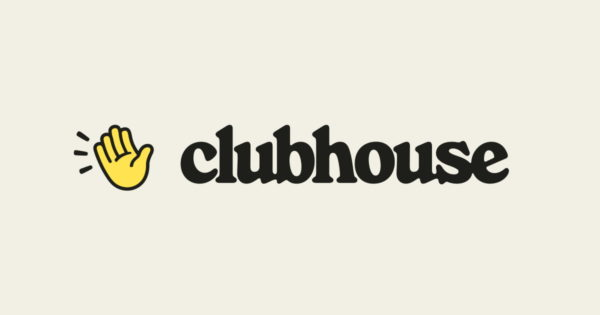SOCIAL
Clubhouse Looks to More Private Sharing as it Seeks to Regain its Growth Mojo

As it looks to redefine its identity, and recapture its growth momentum, Clubhouse has announced that it’s launching a new, more private approach to audio social meet-ups, with what it’s calling ‘Houses’, which are essentially more enclosed, invite-only spaces within the app.
As explained by Clubhouse:
“Think of Houses as private hallways just for your favorite people. You can drop in anytime, hop from room to room, catch up with friends, and meet their friends. Houses usually have regular meetup times, and everyone gets to nominate a few friends, so the House grows through people you trust. Or, you can keep it closed if you like – it’s fun either way!”
The process will essentially provide more control for users to curate the Clubhouse experience that they prefer, with the people that they want to hear from, as opposed to having to wade through the various rooms that may not be of relevance.
Because as with all live-streaming platforms, discovery is a challenge. When you give everyone a chance to broadcast, a lot of it will end up being crappy, because it takes skill and experience to create consistent, engaging content that will keep audiences entertained.
Most people simply can’t do this, and that, in turn, leads to a worse user experience, because you end up being confronted by an array of rubbish broadcasts every time you open the app, till eventually you just don’t bother looking anymore.
Clubhouse co-founder Paul Davison has essentially conceded that Clubhouse misstepped on this front:
“We [initially] tried to limit signups by requiring an existing member to invite you, but that perversely made people want to join more, and flooded the hallway with less relevant rooms. Noise causes churn, but somehow, millions made it through the madness, found their people, and form the core of our community today.”
Davison is trying to put a more positive spin on this, but again, we’ve seen the same with every live-streaming platform – the best streamers are great, and can drive huge value, but 90% of the broadcasts are not, and that disparity makes it very hard to build a truly engaging, scalable experience that will keep people coming back.
Which is what this new initiative is focused on. With Houses, you’ll be able to be more selective about the content you’re shown in the app, which will ideally limit those poor experiences.
“The best social experiences are not open to everyone. They are small and curated. This is what creates intimacy, trust and friendship.”
Though there will still be a level of discovery, even with this new approach.
House member lists will be public, while many rooms in the app will also remain publicly accessible. Users will also still be able to explore the hallways and discover new people, but the actual House rooms themselves will be private. So you’ll still be able to look around and seek out potentially valuable experiences. You just won’t be able to join them, unless you apply, or get in contact with the organizers some other way.
In some ways, it’s similar to the shift we’ve seen with Facebook, where engagement gradually shifted to Groups, and away from News Feeds. More recently, Instagram chief Adam Mosseri has said that engagement is now shifting into DMs, as opposed to the main feed, and in this sense, Clubhouse’s House approach could align with broader behaviors in other apps.
But I’m not sure it’s a growth lever, which is what Clubhouse really needs.
Ideally, Clubhouse would be able to curate the best experiences for each user, and maximize listenership for each broadcast – as opposed to closing them off and making it a more private experience.
That option might well boost engagement among existing users. But whether it will make it more inviting for others, I’m not so sure.
But Clubhouse needs to try something. According to reports, Clubhouse saw 3.8 million new installs globally between January 1st and May 31st this year, compared to 19 million installs during the same period in 2021 – an 80% year-over-year decline.
Maybe, then, Clubhouse’s potential as a broad usage tool is already too far gone, and it needs to seek out more specific niches to solidify its footing.
You can sign up for the Clubhouse ‘Houses’ beta test here.



















You must be logged in to post a comment Login